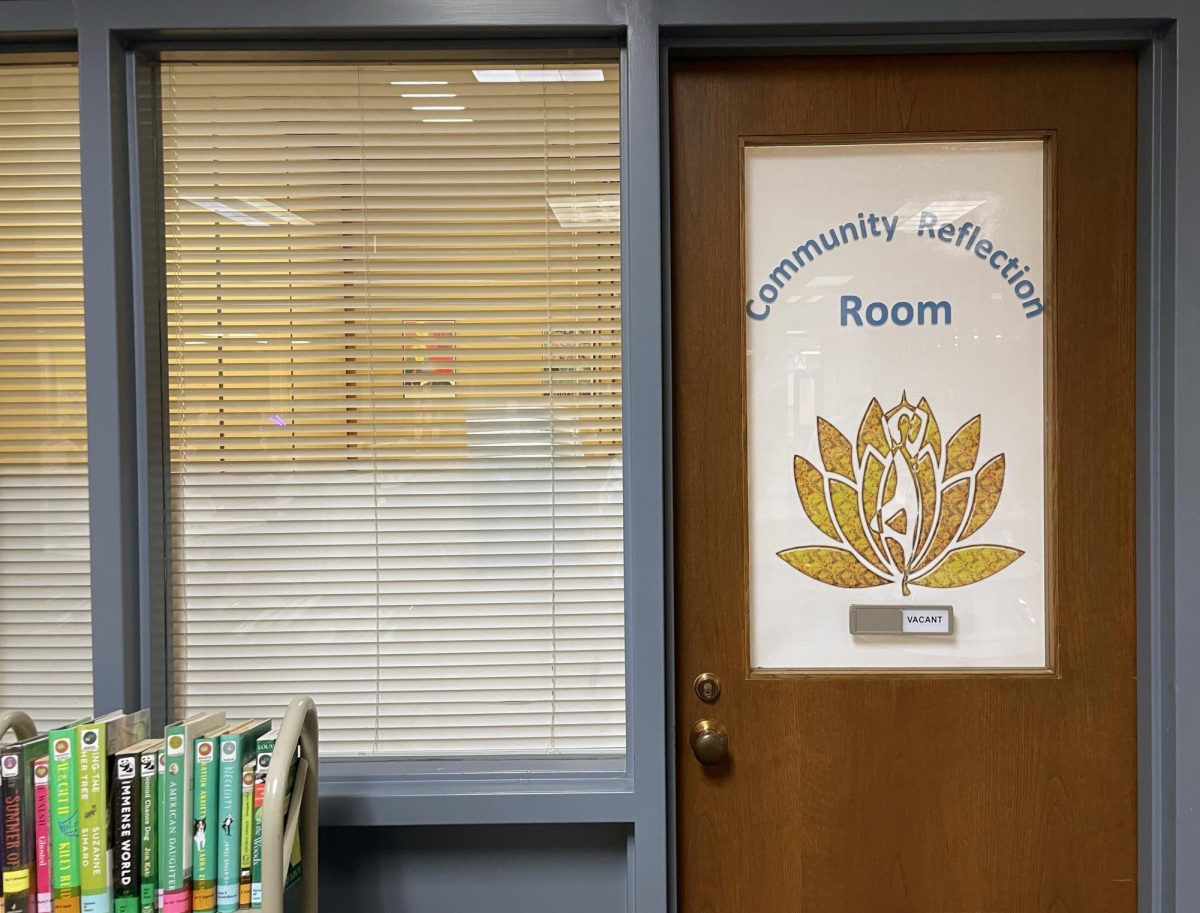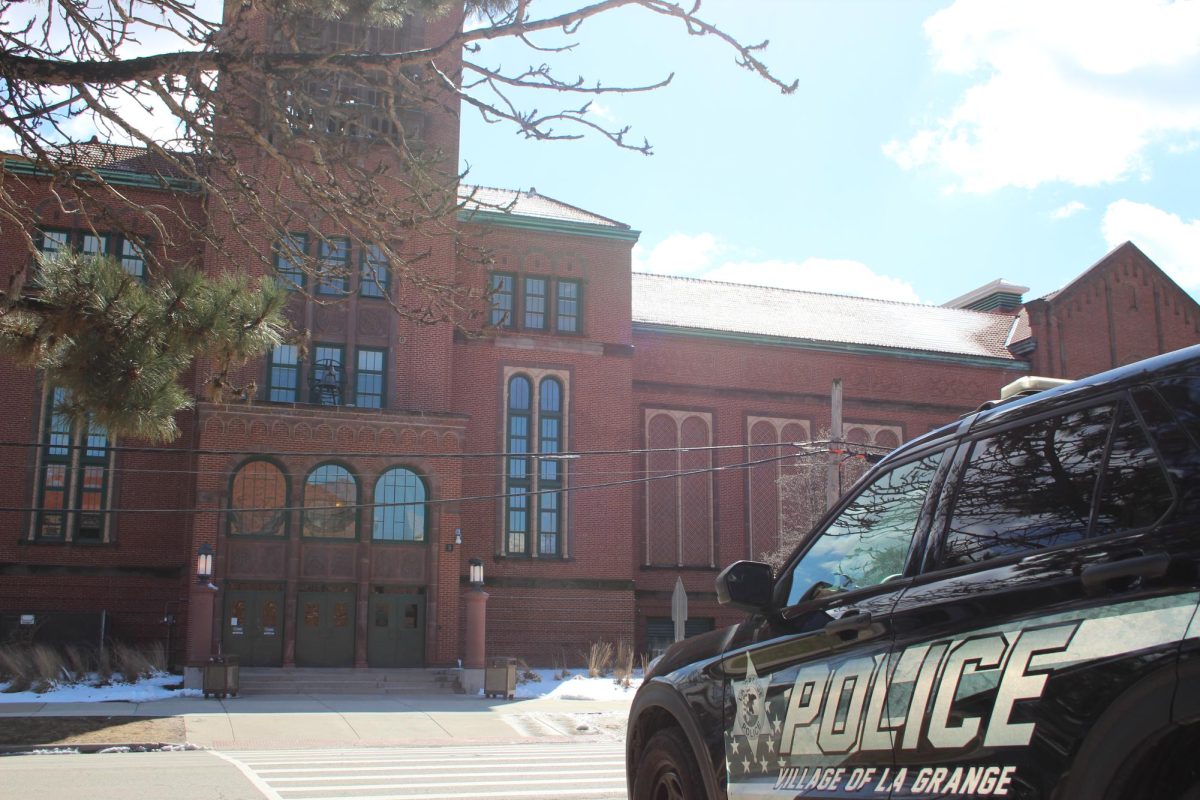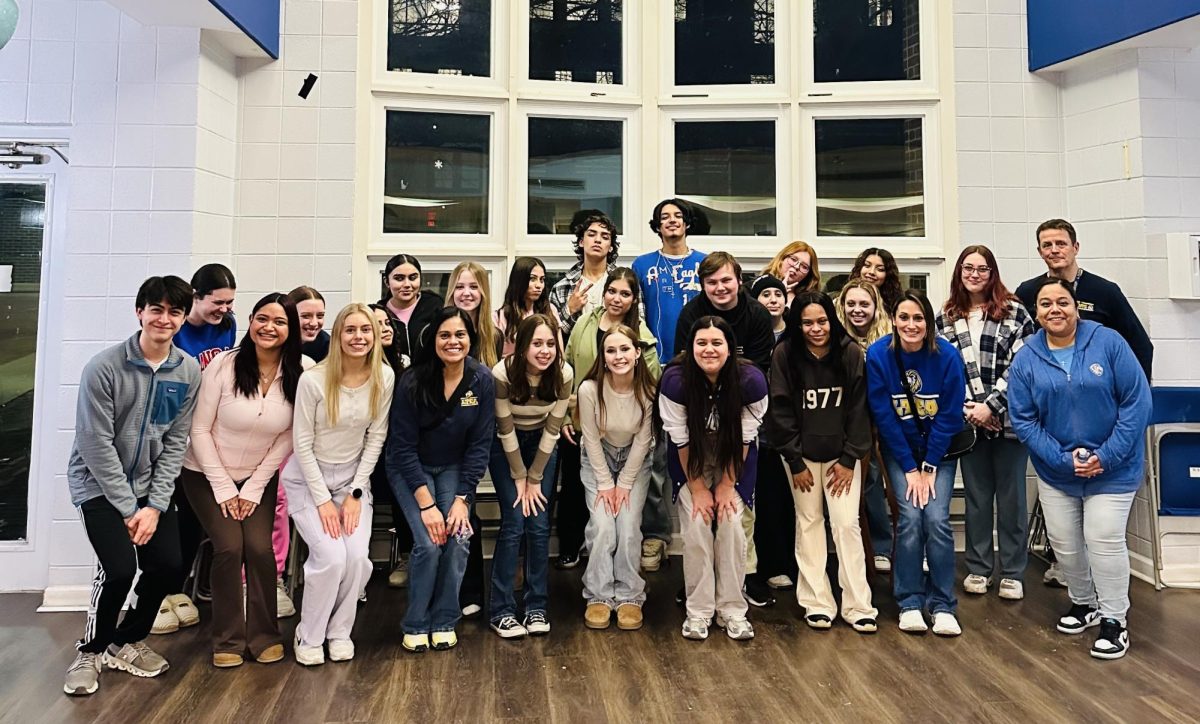Senioritis: so much better than college
by: Sofia D’Antonio
After three years of toiling over coursework and a semester of stressing over college applications, seniors deserve a well-earned break from school. Fortunately for us, these breaks come in the form of senior skip days—a long-standing tradition of ditching class that provides students with the opportunity to take a breather from their academic responsibilities and blow off class.
Whether it’s catching up on sleep and schoolwork, hanging out with friends, or making time for themselves, senior ditch days provide a much-needed break before the transition to college or post-high school life.
Senior ditch days have been a part of high school culture across the nation for decades and are a way of rewarding seniors for their hard work throughout high school. However, in the past few years, LT students have been known for taking the tradition further by participating in multiple ditch days rather than just one. While administrators have expressed concerns about the productivity and attendance of students, in reality, these additional days off are extremely beneficial for seniors.
Unlike underclassmen and juniors who have full schedules of required classes, most seniors only need their final English and Physical Education credits to graduate on time. This means that the majority of seniors will fill their schedules with additional electives or “blow-off” classes that require less time and effort. While this is not true for every single senior, in general, senior year comes with a lighter academic workload. Because of this, taking time off from school has minimal effect on seniors’ overall academic performance.
Furthermore, high school is no longer most seniors’ primary focus. With college quickly approaching, much of our time and energy shifts toward post-graduation plans. With the first semester spent filling out college applications, writing essays, and meeting important admissions deadlines, the second semester is spent applying for scholarships, making college decisions, and preparing for life after high school. The majority of the time spent doing these things is out of school. As a result, the multiple days off, in both the first and second semesters, provide seniors with time to work on college applications, scholarships, and more.
Most importantly, senior year is a crucial transition period where students gain more independent responsibilities. Whether it’s taking on part-time jobs, managing personal commitments, or preparing for financial independence, seniors are already learning to balance a wide variety of responsibilities outside of high school. Skip days are an opportunity for students to manage these obligations without the added pressure of attending classes that may no longer be relevant to their future goals.
Ultimately, senior skip days are more than just an excuse to avoid school—they offer a necessary break for students who have dedicated years to their education and are now in the process of planning their futures. Instead of spending time completing busywork in unnecessary classes, seniors can use these days to recharge, focus on important life decisions, and begin the jump into the next chapter of their lives. While attendance policies may frown upon these traditions, the reality is that senior skip days play a valuable role in fostering the transition from high school to adulthood.
Senioritis: the plague of our generation
by: Maddie Walsh
The second semester is always a rough time for the senior class. From the first day after winter break, every day is a struggle. As a current senior, I can definitely relate to this. My classes are starting to feel pointless, and my motivation is lacking. Although school seems to have no purpose at this point of the year, I recognize that my attendance each day is still important and that I must not fall victim to “senioritis.”
Senioritis, as defined by the Merriam-Webster dictionary, is “an ebbing of motivation and effort by school seniors as evidenced by tardiness, absences, and lower grades.” Why do seniors think that this sudden decline in effort is acceptable if their teachers still have high expectations in place for them?
Yes, many students have already been accepted into universities that they plan to attend next year, and it feels like high school performance no longer matters. However, it’s important to maintain a strong work ethic to prepare yourself for future academic endeavors. If students develop the mindset that school doesn’t matter, it will be harder for them to adjust to the academic rigor of college. Content that they need to be proficient in as they enter a university may have never been learned due to absences, as well as lack of participation in class. These habits ultimately jeopardize success at the end of senior year as well as in the future.
Although it may seem easy to slack off now, by the end of the year when students realize they have grades that are barely passing, it will be extremely stressful to try to raise them. Consider this semester to be the final push toward graduation. It is much more beneficial for yourself and your grades if you continue putting effort in for just a couple more months. No one wants to tank the GPA that they’ve worked so hard to achieve throughout the past four years due to a bad case of senioritis.
Another source of motivation to maintain your GPA is for scholarship opportunities. Various scholarships are offered only to students with a certain GPA, and slacking off in the last months of senior year could jeopardize your chances to receive them. Getting money off for college is motivating for anyone. Just think, keeping up with your schoolwork could ultimately leave you with less debt in the future.
Additionally, when seniors take off more days than they are allowed, they lower the chances of school being canceled on days with severe weather. This is because LT needs to meet a certain number of attendance days per year, and when the entire senior class chooses not to attend school on a day that they are supposed to be there, there is pressure on the school to not implement snow days when necessary. This can be harmful for students when traveling to school in such conditions.
Although it’s become sort of a trend to slack off and not attend school during the second semester of senior year, senioritis is causing more harm to students than good. Yes, the end is near, but it’s important to make efforts to not succumb to the seemingly highly contagious disease.






















![Movie poster for '[Rec]" (2007).](https://www.lionnewspaper.com/wp-content/uploads/2023/04/rec-640x900.jpg)






